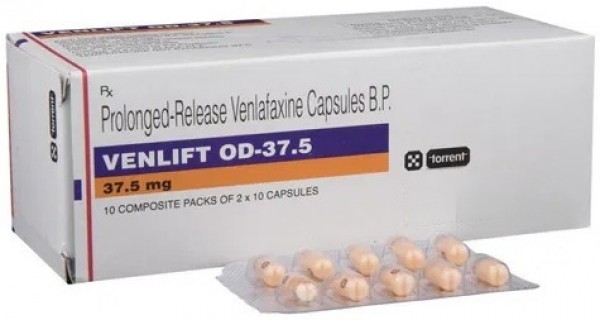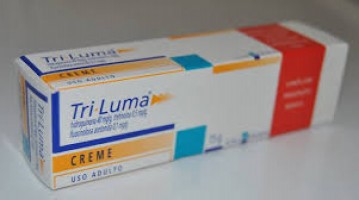Effexor (venlafaxine) is an antidepressant in a group of drugs called selective serotonin and norepinephrine reuptake inhibitors (SSNRIs). Effexor affects chemicals in the brain that may become unbalanced and cause depression.
rnEffexor is used to treat major depressive disorder, anxiety, and panic disorder.
rnEffexor .
The health and medical information provided here is for general purposes only and is not a substitute for the expertise and judgment of your physician, or other health care professional. It should not be understood to indicate that the use of this medicine is safe, appropriate or effective for you. Always consult your health care professional before using this, or any other, drug.
You should not take Effexor if you are allergic to venlafaxine, or if you are also using a monoamine oxidase inhibitor (MAOI) such as isocarboxazid (Marplan), phenelzine (Nardil), rasagiline (Azilect), selegiline (Eldepryl, Emsam), or tranylcypromine (Parnate). You must wait at least 14 days after stopping an MAOI before you can take Effexor. After you stop taking Effexor, you must wait at least 7 days before you start taking an MAOI.
rnYou may have thoughts about suicide when you first start taking an antidepressant, such as Effexor, especially if you are younger than 24 years old. Your doctor will need to check you at regular visits for at least the first 12 weeks of treatment.
rnCall your doctor at once if you have any new or worsening symptoms such as: mood or behavior changes, anxiety, panic attacks, trouble sleeping, or if you feel impulsive, irritable, agitated, hostile, aggressive, restless, hyperactive (mentally or physically), more depressed, or have thoughts about suicide or hurting yourself. Drinking alcohol can increase certain side effects of Effexor. Do not stop using Effexor suddenly, or you could have unpleasant symptoms. Ask your doctor how to avoid these symptoms when you stop using Effexor.
Get emergency medical help if you have any of these signs of an allergic reaction to Effexor: skin rash or hives; difficulty breathing; swelling of your face, lips, tongue, or throat.
rnReport any new or worsening symptoms to your doctor, such as: mood or behavior changes, anxiety, panic attacks, trouble sleeping, or if you feel impulsive, irritable, agitated, hostile, aggressive, restless, hyperactive (mentally or physically), more depressed, or have thoughts about suicide or hurting yourself.
rnCall your doctor at once if you have a serious Effexor side effect such as:
rnseizure (convulsions);
rnvery stiff (rigid) muscles, high fever, sweating, confusion, fast or uneven heartbeats, tremors, feeling like you might pass out;
rnagitation, hallucinations, fever, fast heart rate, overactive reflexes, nausea, vomiting, diarrhea, loss of coordination;
rnheadache, trouble concentrating, memory problems, weakness, feeling unsteady, confusion, hallucinations, fainting, shallow breathing or breathing that stops;
rncough, chest tightness, trouble breathing; or
rneasy bruising.
rnLess serious Effexor side effects may include:
rndrowsiness, dizziness, feeling nervous;
rnstrange dreams;
rnincreased sweating;
rnblurred vision;
rndry mouth;
rnchanges in appetite or weight;
rnmild nausea, constipation; or
rndecreased sex drive, impotence, or difficulty having an orgasm.
Take Effexor exactly as prescribed by your doctor. Do not take in larger or smaller amounts or for longer than recommended. Follow the directions on your prescription label.
rnTake this medication with a full glass of water. Effexor should be taken with food. Try to take Effexor at the same time each day. Swallow the controlled-release capsule (Effexor XR) whole, without crushing or chewing. To make the medication easier to swallow, you may open the Effexor XR capsule and sprinkle the medicine into a small amount of applesauce. Swallow all of the mixture without chewing, and do not save any for later use. It may take 4 weeks or more for your symptoms to improve. Keep using the medication as directed and tell your doctor if your symptoms do not improve after 4 weeks of treatment. Do not stop using Effexor suddenly, or you could have unpleasant symptoms. Ask your doctor how to avoid these symptoms when you stop using Effexor.





